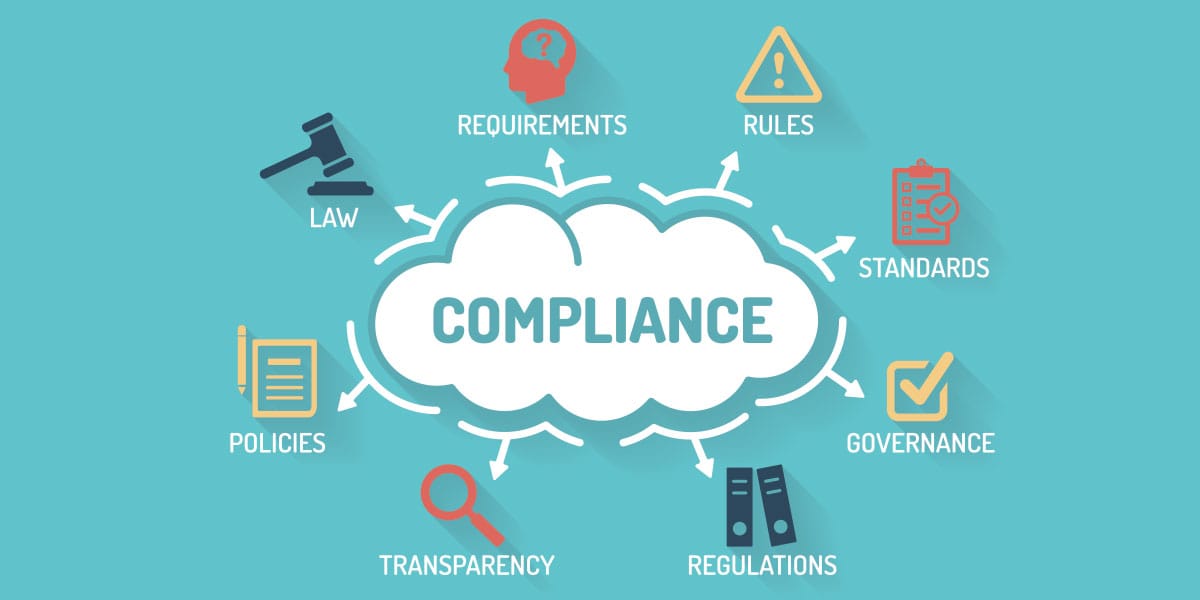How important is compliance to your organization?

Corporate compliance is a concept that varies from industry to industry. It’s the offensive line of most companies – not very glamorous, doesn’t generate revenue, but when something goes wrong – look who gets blamed. So, why would anybody want to be a compliance officer?
The answer is that without the compliance officer, regardless of the discipline, any company probably won’t be around for very long. Those of us on the compliance side of the business know this, and though others may not admit it, they respect the team members that keep them out of trouble.
According to Michael Rosen, ESQ from Provider Trust, “A healthy organization starts at the top. If management and the board live and breathe by the core principles of compliance and its business values, then it will permeate throughout the entire organization. Reducing risk and creating a vibrant culture where everyone feels welcome, safe, valuable, and heard is essential for continued healthcare success.”
Compliance is a headache, full of rules – dotting i’s and crossing t’s. Compliance exists everywhere. Sometimes it manifests in costs, quality, regulations and even lives. Also, often compliance is not just a legal but an ethical issue. It’s one of those things that is difficult to define: “I’ll know it when I see it.” This brings up the question, “How important is compliance to a company’s operations?”
I’m old school and may not be echoing the current trend, but in my opinion, ethical compliance, that is, staying consistent with corporate values, is the most important type of compliance. Ethical compliance is the framework around which everything else is built. When we look for ways to game the system (and who doesn’t?) we must look at not only how we follow the letter of the law but the intention of the law. If we fail in ethical compliance, we will soon fail as an organization.
Many industries and their corresponding professions have a standard of ethics. The Healthcare industry probably has more than most. However, there is a danger in the codification of ethics. Ethics are not a formula or a recipe to be followed. If ethics are codified, they simply become one more set of rules to be gamed.
Hospitals are often large and complex entities. A hospital can be the ship that is difficult to maneuver quickly. Because of this, a base understanding of our guiding principles is important. We do what we do because it is right. But it will soon be evidenced with our clients, regulators, and our ability to hire talented people and investors.
Compliance requires an understanding of the rules and the penalties. Often the cost of compliance is weighed against the benefits. Interestingly compliance can even run counter to what most of us might consider as ethical. It’s not always a clear path.
As a CFO, I consider myself to be a member of the compliance industry. We in the compliance industry may not get to drive the train, but we keep it on the track – and personally, I’m proud to play this role.
